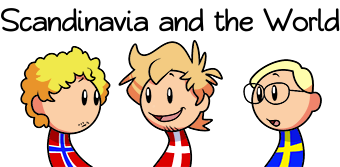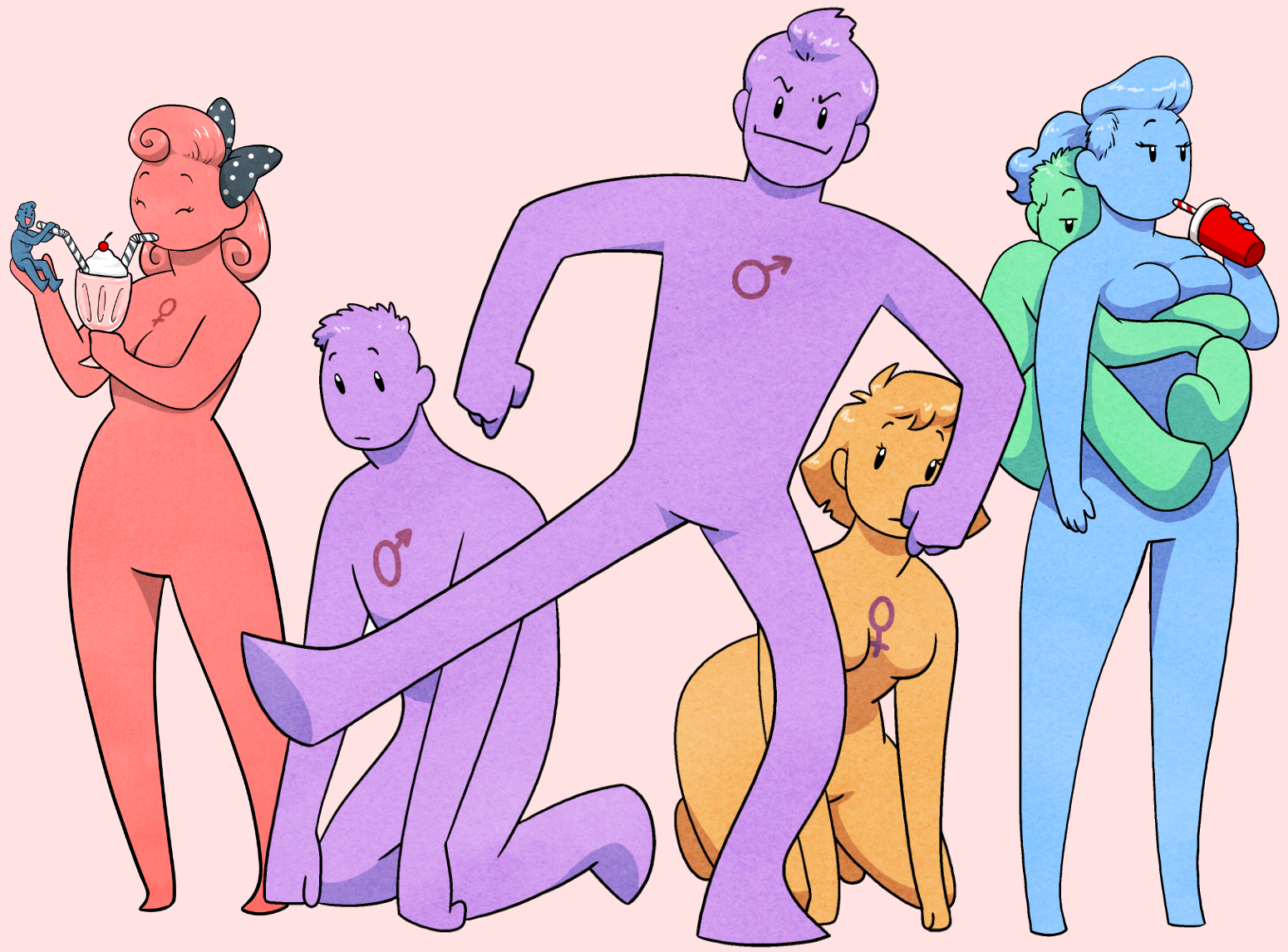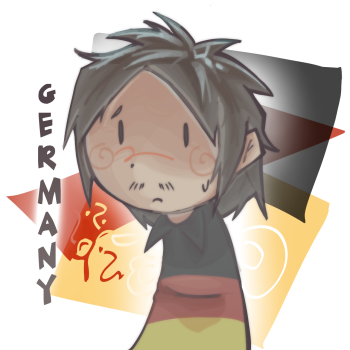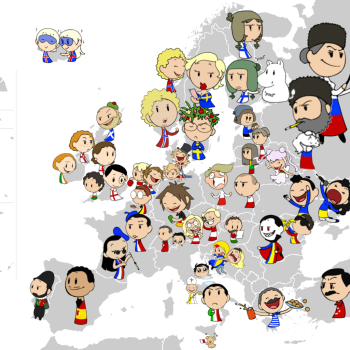
How Babies are Made
And that is the story of how Sweden became a daddy.
Just in case you can’t tell, no he didn’t marry Sister Finland. He is just a responsible gentleman who knows he got himself into this, so he is not even going to try to walk out on his obligations as a father.
And yes, little FennoSwede believes himself to be quite awesome despite his parents.
Fenno-swedes are Finns who live in Finland, but speak Swedish, and they are often seen as more rich, snobbish and annoyingly happy compared to the rest of Finland’s population.
Some of you might have noticed that the people in Scania and the fenno-swedes use the same flag. I believe that is going to be hella’ confusing, but I’ll try and remember to tell you who is who if it isn’t clear from the comic.
Sister Finland Aland Sweden Norway FennoSwede Finland Denmark Iceland
29th May 2010
8 years ago #9722921
3
0
There is someone in my Engineering class who wanted to see how quickly he could crash a computer, which turned out to be extremely quickly. The program he wrote was three lines long and it only took one second to run. Basically, what it did was open a new Excel tab every nanosecond, so it didn't take long for there to be too many tabs.
9 years ago #9682981
2
0
I love all of them in the background of the last panel:
Aland - a little shocked
Finland - ready to murder someone
Denmark - drunk
Norway - beaming like a proud uncle
Iceland - snapping pictures
Aland - a little shocked
Finland - ready to murder someone
Denmark - drunk
Norway - beaming like a proud uncle
Iceland - snapping pictures
9 years ago #9628756
2
0
also Finland be like: some bitch is dying tonight. and its not my sister >8C
9 years ago #9555704
2
0
Aww... Aland's face... It's so sad... He's like "Sweden? I thought you loved me..." It's like a soap opera XD
10 years ago #9511549
2
0
I think Sweden is one of those drunks who think they're more sober the more they're drunk
Add comment: Please Sign in or create an accout to comment.



 Support the comic on
Support the comic on 
















19